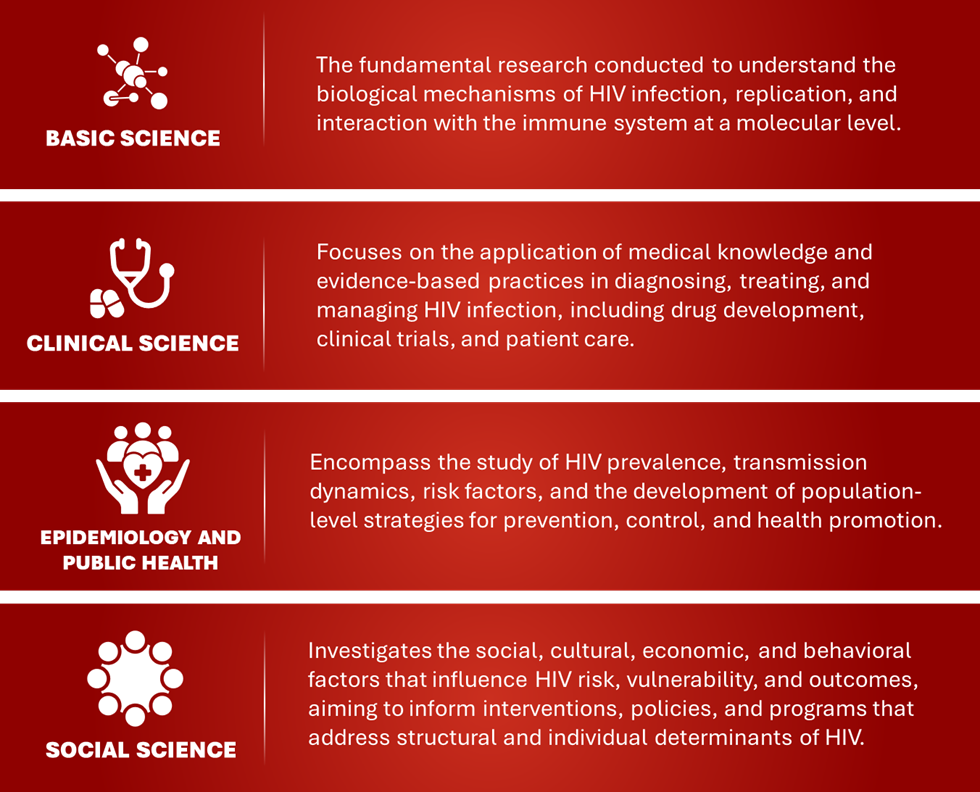Each year, the Canadian Association for HIV Research (CAHR) hosts a conference for Canada’s research community to gather, network, present, and learn about the latest advances in the field. The 33rd annual conference took place in London, Ontario from April 25 to 28 with over 600 participants meeting face-to-face in person to connect with familiar faces and meet some new ones.
The conference theme was Breaking Barriers, Building Bridges: Research to Action in HIV. The program was a mixture of plenary, ancillary, symposia, oral presentation, poster presentation, and special sessions. Between PAN and the Positive Leadership Development Institute (PLDI), we were fortunate to present both a poster and oral presentation for two different projects.
1. SPARTA Project poster presentation
Bridging the Gap: Empowering Communities in Enhancing Access to Public Health Surveillance Data

Presenters: Monte Strong from PAN (right) neighbouring with Shania Au from the BCCfE (left).
The SPARTA Project was a partnership between the BCCDC Clinical Prevention Services, PAN, and a Community Leadership Council that included people with lived/living experience. It ran from October 2022 to March 2024 and created a BC community engagement framework to make STBBI public health data more accessible.
Click here to view the SPARTA poster and learn more about the project
2. Positive Leadership Development Institute (PLDI) Project Oral Presentation
Advancing Inclusion and Cultural Safety in HIV Leadership Training
The video below is a re-creation of the CAHR oral presentation as a way of sharing and promoting the project’s message with the PAN network. Watch and learn about the background and context, methodology, results and recommendations, and future work and next steps.
PLDI also had a booth at the conference which provided CAHR participants the opportunity to ask questions and learn more about its leadership program for people living with HIV. We asked people to write down a top quality of a leader using one word which were then posted onto the PLDI banners.
Across Canada, over 1000 people have graduated from the program. The enthusiasm and desire of involvement of grads continues to be a beacon of inspiration for the PLDI training teams.

PLDI representatives from left to right: Tara, Monte, Daniel-Claude, and Alain.
Highlighting other presentations
There were a multitude of poster and oral presentations to choose from which is a reminder of the important research work being done across Canada. Did you know that there are four main tracks of HIV research? The tracks are how CAHR categorizes poster and oral abstract presentations.

A basic science oral abstract presentation we found compelling was from Ryan Ho, a Western University master’s student at the Schulich School of Medicine and Dentistry. A couple people from PLDI had the opportunity to meet and chat with Ryan and he explained a bit about the HIV cure work he is involved in.
The abstract was titled, “Packaging an Immunostimulatory RNA Motif into an HIV/Virus-like Particle Platform to Enhance Targeted HIV Latency Reversal Effectiveness”.
Essentially, Ryan and his teammates’ cure approach is in the zone of latency reversal whereby dead HIV particles containing a comprehensive set of HIV proteins that increase immune response are administered through intramuscular injection as a biotherapy. The team’s patented therapeutic candidate is 100 times more effective than other candidate HIV cure therapeutics for people living with HIV on combined antiretroviral therapy (cART).
Ryan makes an excellent representative at a conference like CAHR. He is engaging, knowledgeable, and volunteers his time being involved with Regional HIV/AIDS Connection (RHAC), a London Ontario community-based organization.
Read more about this research on the Schulich School of Medicine & Dentistry website
![]() A social science oral abstract presentation we found engaging and innovative was from Sadeem Fayed, a PhD student from Simon Fraser University and University of Saskatchewan who was accompanied by some of her study team members.
A social science oral abstract presentation we found engaging and innovative was from Sadeem Fayed, a PhD student from Simon Fraser University and University of Saskatchewan who was accompanied by some of her study team members.
The abstract was titled, “Reclaiming the Promise of Peer Navigation. Introducing Healthcare CARES, a Relational Model for Historic Trauma Safe Healthcare”. Summarizing directly from their presentation abstract:
Truths – Peer navigation is a promising approach to supportive HIV and hepatitis C (HCV) care. Peer navigation can be underutilized by Indigenous women who have lived experiences of HIV and/or HCV (IWLE).
Reconciliation – Peer navigators and IWLE demanded healthcare system change. In response, this study addresses two questions: 1) what needs to change to stop Indigenous-specific racism in healthcare? and, 2) how can we achieve historic trauma safe healthcare?
Journey – Peers4Wellness is an Indigenous-led and community-driven study. This research unfolds in British Columbia. In 2017-2021, we consulted with 54 people (Peers4Wellness community) including peer navigators, IWLE, community organizations and Indigenous community researchers.
Story – The Peers4Wellness community introduces Healthcare CARES, a reconciliation-oriented relational model for HIV/HCV care. The model aims to decolonize the meaning and standing of peers (a group that includes peer navigators and IWLE) in healthcare.
The presenters shared teachings with the audience from the Peers4Wellness Story using a combination of slide images, drumming, and singing.
Overall, we feel satisfied with our involvement and participation in attending CAHR 2024. CAHR 2025 will be held in Halifax, Nova Scotia from May 1 to 4!
Questions? Contact Monte Strong, Research Coordinator: monte at paninbc.ca
